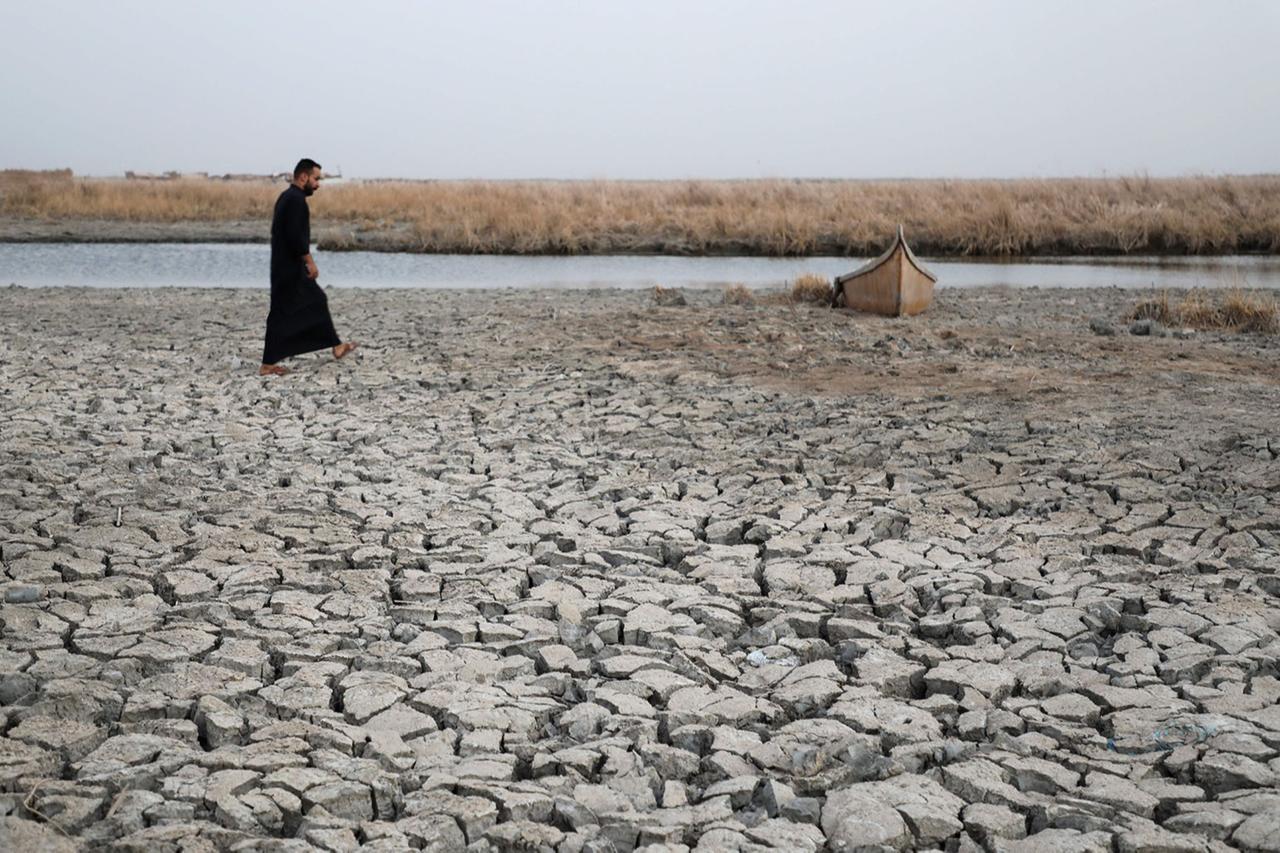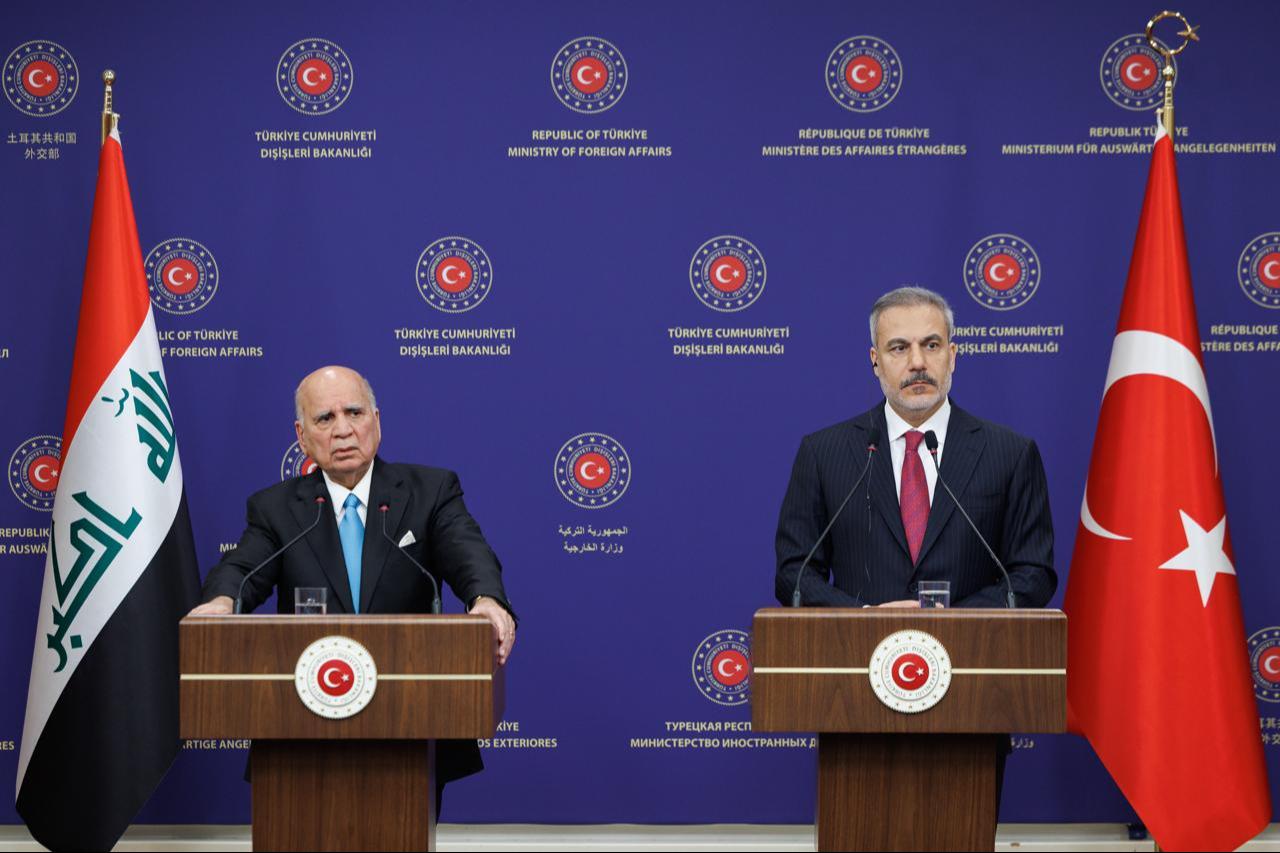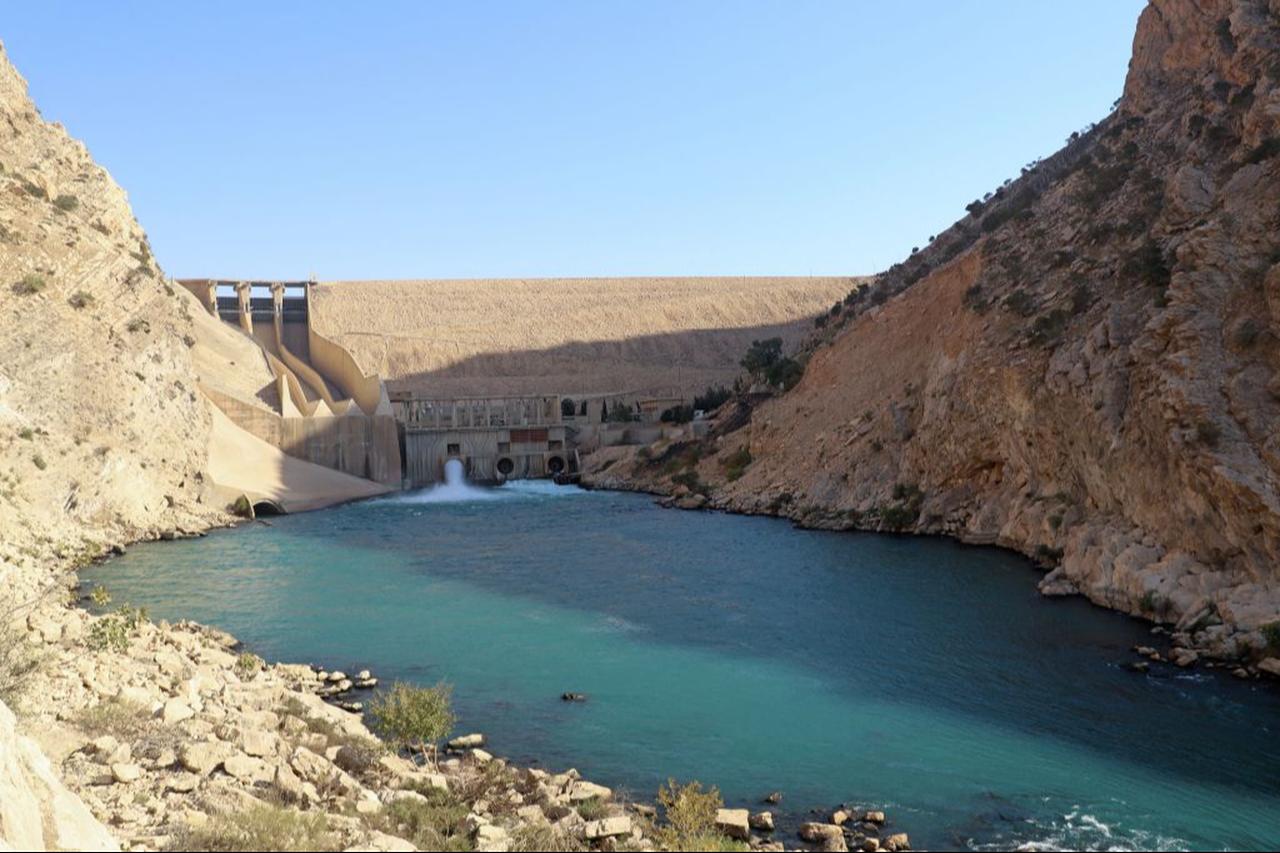
Iraqi Foreign Minister Fuad Hussein said Wednesday that Foreign Minister Hakan Fidan will travel to Iraq soon to sign a memorandum of understanding (MoU) on water management.
Hussein told Kurdish Regional Government (KRG)-based media outlet Rudaw that Baghdad expects Ankara to release more water during the coming period. Hussein visited Ankara on Oct. 10 and met with Turkish officials, including members of his delegation from the Iraqi water authorities.
"We reached an understanding about leaving a certain amount of water in the Euphrates and Tigris rivers for 50 days," Hussein told Rudaw.
"After 50 days, winter will begin and rain and snow are expected, and the situation will change. However, we also reached a longer-term understanding about how water will be handled and managed," he added.
Hussein said Iraq reached an agreement with the Turkish government and Turkish companies to manage water in Iraq.
"We will sign a memorandum of understanding. Upon my return, I expect Foreign Minister Hakan Fidan to come to Iraq and for us to sign this memorandum together," Hussein said.

The memorandum of understanding covers key strategies related to water management. Turkish companies will undertake dam construction, wastewater recycling, rainwater collection, groundwater management, and desalination due to their expertise.
In the short term, Türkiye will release more water to Iraq over the next 50 days.

Iraq relies heavily on the Euphrates and Tigris rivers, both of which originate in Türkiye. However, according to the claims by the Iraqi authorities, Türkiye's major dam projects, including the Southeastern Anatolia Project (GAP), have significantly reduced water flow to Iraq, causing drought, desertification, and environmental degradation.
While Iraq's water crisis stems from climate change, declining precipitation, weak resource management, and dams constructed by Türkiye and Iran in the upper reaches of the rivers, the absence of comprehensive water-sharing agreements with these neighbors reportedly leaves Iraq vulnerable to unilateral actions that threaten its water security.